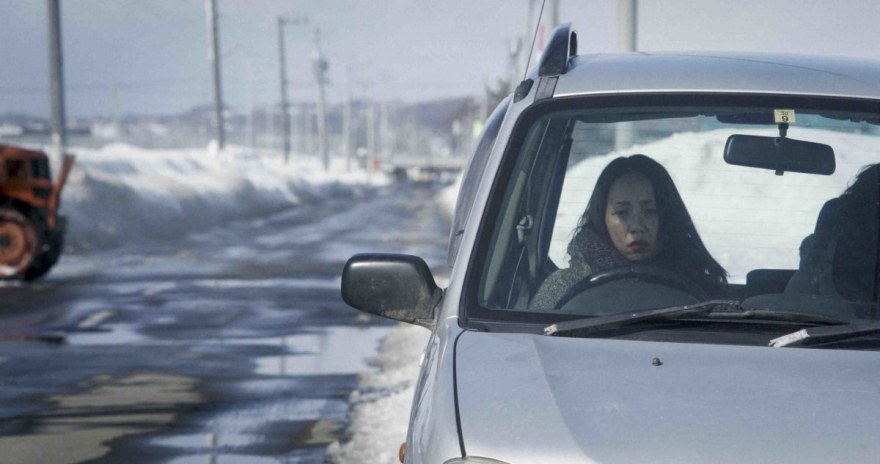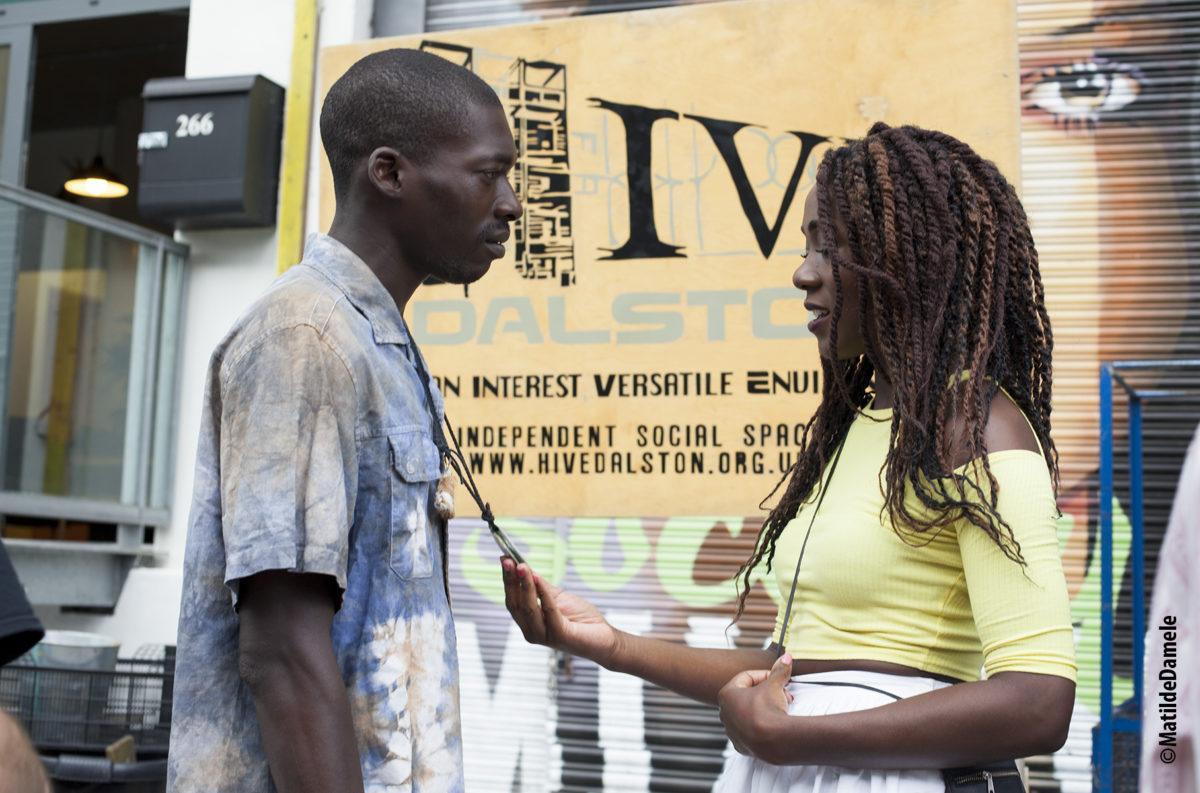Lunch with Prints
An interview with Jack King, director of Prints
What did you like in the use of prints or footprints as a plot device and a title?
I think I began just liking the imagery, but the more I thought about it the more it seemed to fit thematically, on a few levels, and so it became part of its fabric. Being from the UK, it’s unusual to be in a place (Hokkaido) where it snows, let alone where I’d wake up to a fresh blanket of snow covering all the footprints and tyre tracks left from the day before. It was kind of like a reset, like the day before had never happened, and I guess that kind of resonated in a story with themes about dementia and memory loss; the recent past being wiped out.
Is the story based on anyone you know in real life?
Not any one particular person, but I have a background in care work, and so the pressures and emotions that surround working in care or caring for a family member I think are reasons this story developed. I’d been incubating it for a while, but never had the right idea to express anything meaningful on the subject, especially not in a short and succinct way! As I did more research into the subject of care while living temporarily in Japan, I found that it is often the daughters who become responsible for caring for elderly parents, often into middle age; and I thought the idea of sacrificing your own chance of motherhood to look after a parent was particularly noble and beautiful, but ultimately very heartbreaking.
Can you tell us a bit about your background as a filmmaker?
Of course. I am self-taught, mostly cutting my teeth making narrative music videos for years, a way to learn about filmmaking and playing with the visual side. From there I moved onto shorts, with varying degrees of success, learning from my mistakes! I’m mostly just writing now, trying to write things I really want to make that are also short, and achievable on a low budget… It’s the greatest cause of headaches in my life but I must enjoy it otherwise I wouldn’t be sat typing this!
Any reason why the story is set in Japan?
The main reason is that the idea for this film was inspired by an old Japanese myth called “Ubasute Yama”, which roughly translates as “Granny-dumping mountain”, a mythical mountain where the elderly are abandoned and left to die because the younger generation cannot sustain them. I thought it was a powerful and poignant emotional dilemma, the idea of having to decide between yourself and the ones that raised you, and I wanted to make a film about someone forced to make that decision. I think the story is particularly relevant in Japan at a time when the population is ageing so dramatically, and so it made complete sense to make it there.
Do you have plans to work on features?
Yeah definitely. I have written a feature, and am currently starting to write another with a view to applying for development funding. I enjoy writing them, I’m not in a huge rush to make one, I want to make another couple of shorts this year and just be a director more before I dive into anything seriously.
Would you say that the short film format has given you any particular freedom?
Totally. It’s so important to be able to make shorts and have freedom and ownership to do something. I’m trying different things every time, and each time I get a stronger sense of what I want to say and how I want to say it. What worked and what didn’t. I learn when to listen to my gut. I learn when to listen to others. Also, even though the ultimate goal is to make features, making shorts reminds me why that is, and ensures the passion will never go away.









